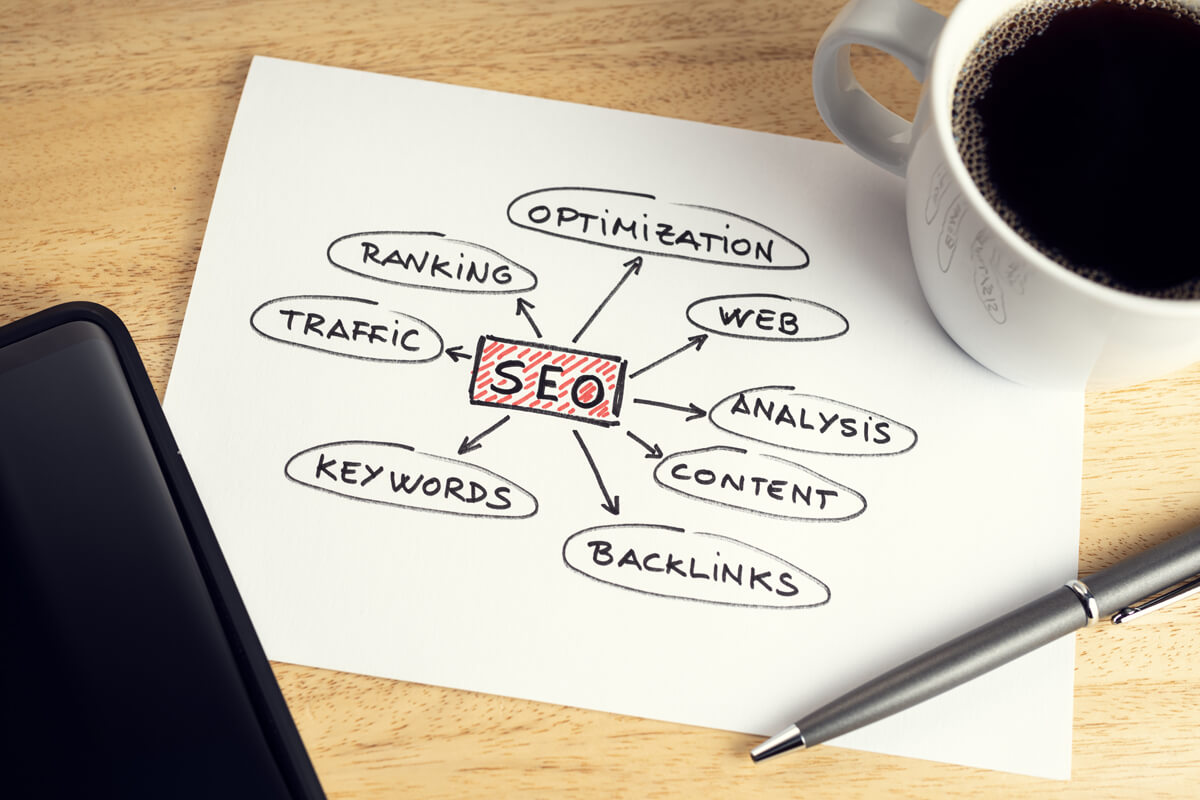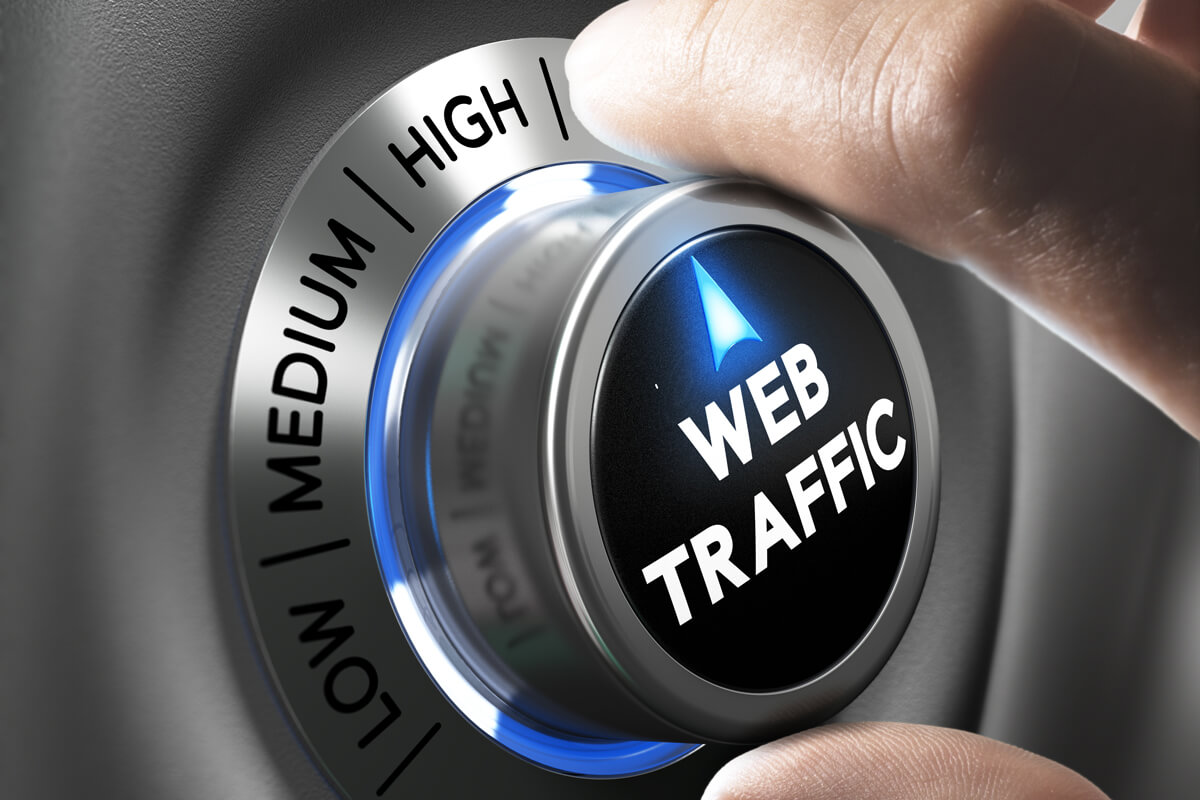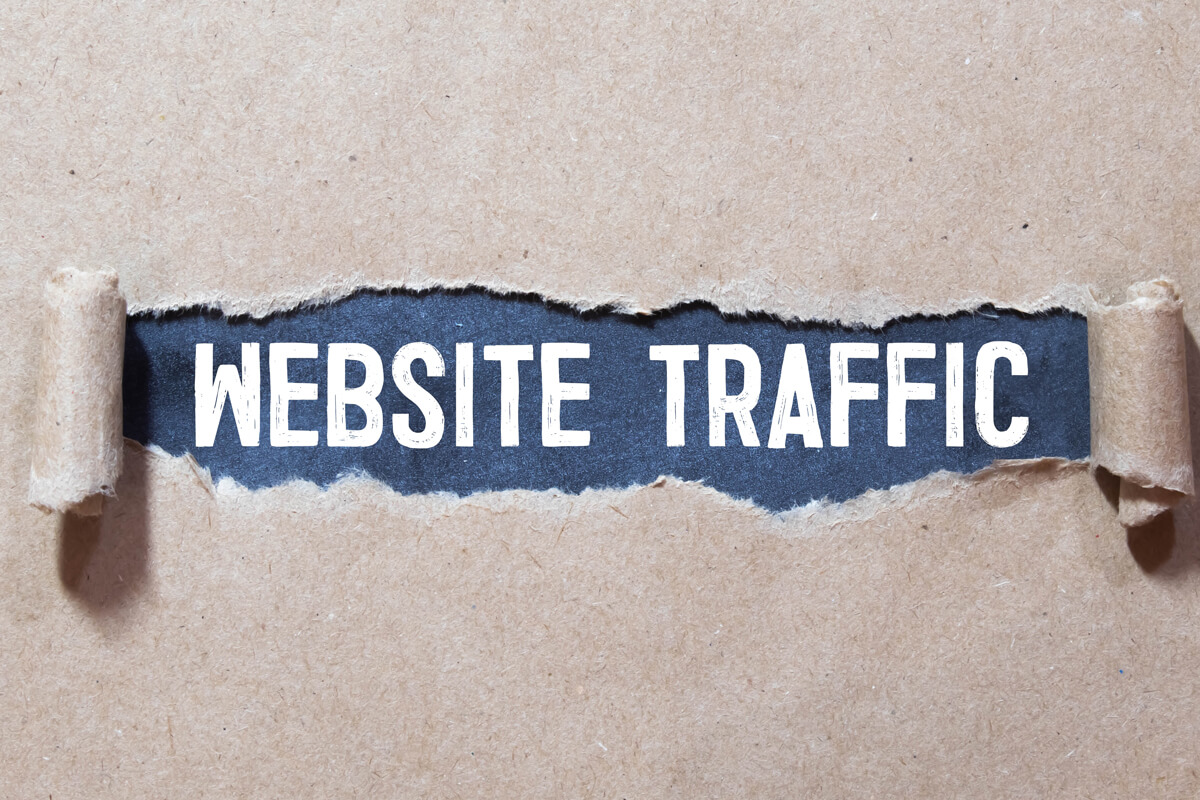Canonical tags are often misunderstood. Even with all the information out there, many people still don’t fully understand what they are or when to use them. Most people don’t even know what a canonical tag is.
This post is designed to give you all the information you need on canonical tags and URLs. Starting with what they are, why you should use them, and how to implement them correctly on your website.
What is canonicalization?
Before we get into URLs, let’s start with the basics. Canonicalization is a term that describes the act of selecting one URL to represent multiple versions of the same URL. In other words, canonicalization is the process of choosing the correct version of a URL to point your search engine bots to.
If you’ve heard of the term “canonical URL,” this is what that refers to. It’s simply a way of telling search engines which version of your URL should be used for indexing and ranking purposes.
What is a canonical URL?
A canonical URL is a specific version of your site’s URL that you identify as the “canonical” or official version. It tells Google that all other versions of the URL should be ignored.
You should think of a canonical tag to tell Google which is the right version of your URL to display. This can be particularly important if multiple URLs point to the same content. If a search engine sees that you have multiple URLs with the same content, it will only choose one as the canonical URL, and all other URLs will be ignored.
Why should you use a canonical tag?
There are two primary reasons why you would want to use canonical tags.
1 – They protect your site from duplicate content penalties
Duplicate content can negatively affect your search engine rankings. Google and other search engines want to rank the most authoritative and useful content for a given search. Therefore, it’s not in their best interest to rank multiple versions of the same content.
If you implement canonical tags correctly, the search engines know that whatever URL you’ve flagged as canonical is the original version of your page. They will then ignore the other URLs in favor of your official URL.
2 – They improve your site’s performance in search engines
Again, this comes down to Google and other search engines wanting to rank the best content for their users. If they see that multiple versions of your URL all point to the same content, they are going to rank your page lower.
They will then choose a single version of your URL to rank in search results. If you don’t specify which version is canonical, they will choose the one that performs best.
3 – They can improve your click-through rates
If you are in a competitive market and aren’t seeing the search engine results you expect, checking which version of your URL is performing best is a good idea.
If other versions rank better, they may get more clicks and higher click-through rates than your current version. If this is the case, you should implement a canonical tag to tell Google which one is official. This will then improve your rankings by telling the search engines that version is the most important.

How to implement canonical tags
In order to use canonical tags, you must first identify which pages on your site are duplicates. To do this, check which pages appear multiple times in your Google Webmaster Tools account. You have a duplicate if they all have the same title tag and meta description.
Once you have identified all of the duplicate pages, place a canonical tag in the <head> section of all versions of the duplicate pages.
How to add a canonical tag in an HTML document
Here is an example of a canonical tag in an HTML document:
How to add a canonical tag in WordPress
If you’re using WordPress, here is the code that you need to add to your page template:
You can use plugins such as Yoast or Rank Math to make the process easier
WordPress plugins are a great way to streamline your SEO efforts. They can help you optimize the pages on your site, improve your website’s performance in search engines, and improve your site’s ability to rank for keyword phrases.
Yoast SEO is a popular plugin that helps you write better content for optimal search engine performance.
Rank Math is another popular WordPress plugin that helps you improve your site’s performance in search engines.
Google Search Console
If you are already using Google Search Console, they have the option to identify any duplicate content issue on your site. You can then use the canonical tag to specify your official site’s version of the duplicates.
If you aren’t using Google Search Console, get started today. It’s a great tool that helps you understand where your site is currently performing well and what areas could use improvement.
Why should you care so much about duplicate content?
Duplicate content is harmful for SEO because it can negatively impact your website’s ranking in search results. The most common cause of duplicate content is accidentally creating more than one URL for a single page.
Duplicate content affects your SEO because search engines don’t know which version to index. It can confuse them if they can’t tell which version is the most important. That’s why you need to choose a single URL for each piece of content.
Final thoughts on canonical tags and duplicate content
Duplicate content is a very common issue that needs to be addressed if you want your site to rank well in search engines. If neglected, it can negatively impact your website’s search engine performance.
Duplicate content can be caused by an incorrectly implemented redirect, having two pages with the same content, or simply not having unique meta titles and descriptions. It can happen to anyone!
Take the time to analyze your site for duplicate content and use canonical tags to tell search engines which version of your pages to index. This will help you avoid having Google penalize your site for duplicate content.
The main takeaway is that you must ensure that each page on your site has only one version to avoid duplicate content issues. You can use canonical tags to specify which version of a URL or page is the official and most important one and avoid duplicate content penalties.
If you are looking for an SEO service in Los Angeles, we are here to help you. You can take a look at our SEO service page to get more information.
Canonical tags are often misunderstood. Even with all the information out there, many people still don’t fully understand what they are or when to use them. Most people don’t even know what a canonical tag is.
This post is designed to give you all the information you need on canonical tags and URLs. Starting with what they are, why you should use them, and how to implement them correctly on your website.
What is canonicalization?
Before we get into URLs, let’s start with the basics. Canonicalization is a term that describes the act of selecting one URL to represent multiple versions of the same URL. In other words, canonicalization is the process of choosing the correct version of a URL to point your search engine bots to.
If you’ve heard of the term “canonical URL,” this is what that refers to. It’s simply a way of telling search engines which version of your URL should be used for indexing and ranking purposes.
What is a canonical URL?
A canonical URL is a specific version of your site’s URL that you identify as the “canonical” or official version. It tells Google that all other versions of the URL should be ignored.
You should think of a canonical tag to tell Google which is the right version of your URL to display. This can be particularly important if multiple URLs point to the same content. If a search engine sees that you have multiple URLs with the same content, it will only choose one as the canonical URL, and all other URLs will be ignored.
Why should you use a canonical tag?
There are two primary reasons why you would want to use canonical tags.
1 – They protect your site from duplicate content penalties
Duplicate content can negatively affect your search engine rankings. Google and other search engines want to rank the most authoritative and useful content for a given search. Therefore, it’s not in their best interest to rank multiple versions of the same content.
If you implement canonical tags correctly, the search engines know that whatever URL you’ve flagged as canonical is the original version of your page. They will then ignore the other URLs in favor of your official URL.
2 – They improve your site’s performance in search engines
Again, this comes down to Google and other search engines wanting to rank the best content for their users. If they see that multiple versions of your URL all point to the same content, they are going to rank your page lower.
They will then choose a single version of your URL to rank in search results. If you don’t specify which version is canonical, they will choose the one that performs best.
3 – They can improve your click-through rates
If you are in a competitive market and aren’t seeing the search engine results you expect, checking which version of your URL is performing best is a good idea.
If other versions rank better, they may get more clicks and higher click-through rates than your current version. If this is the case, you should implement a canonical tag to tell Google which one is official. This will then improve your rankings by telling the search engines that version is the most important.

How to implement canonical tags
In order to use canonical tags, you must first identify which pages on your site are duplicates. To do this, check which pages appear multiple times in your Google Webmaster Tools account. You have a duplicate if they all have the same title tag and meta description.
Once you have identified all of the duplicate pages, place a canonical tag in the <head> section of all versions of the duplicate pages.
How to add a canonical tag in an HTML document
Here is an example of a canonical tag in an HTML document:
How to add a canonical tag in WordPress
If you’re using WordPress, here is the code that you need to add to your page template:
You can use plugins such as Yoast or Rank Math to make the process easier
WordPress plugins are a great way to streamline your SEO efforts. They can help you optimize the pages on your site, improve your website’s performance in search engines, and improve your site’s ability to rank for keyword phrases.
Yoast SEO is a popular plugin that helps you write better content for optimal search engine performance.
Rank Math is another popular WordPress plugin that helps you improve your site’s performance in search engines.
Google Search Console
If you are already using Google Search Console, they have the option to identify any duplicate content issue on your site. You can then use the canonical tag to specify your official site’s version of the duplicates.
If you aren’t using Google Search Console, get started today. It’s a great tool that helps you understand where your site is currently performing well and what areas could use improvement.
Why should you care so much about duplicate content?
Duplicate content is harmful for SEO because it can negatively impact your website’s ranking in search results. The most common cause of duplicate content is accidentally creating more than one URL for a single page.
Duplicate content affects your SEO because search engines don’t know which version to index. It can confuse them if they can’t tell which version is the most important. That’s why you need to choose a single URL for each piece of content.
Final thoughts on canonical tags and duplicate content
Duplicate content is a very common issue that needs to be addressed if you want your site to rank well in search engines. If neglected, it can negatively impact your website’s search engine performance.
Duplicate content can be caused by an incorrectly implemented redirect, having two pages with the same content, or simply not having unique meta titles and descriptions. It can happen to anyone!
Take the time to analyze your site for duplicate content and use canonical tags to tell search engines which version of your pages to index. This will help you avoid having Google penalize your site for duplicate content.
The main takeaway is that you must ensure that each page on your site has only one version to avoid duplicate content issues. You can use canonical tags to specify which version of a URL or page is the official and most important one and avoid duplicate content penalties.
If you are looking for an SEO service in Los Angeles, we are here to help you. You can take a look at our SEO service page to get more information.





